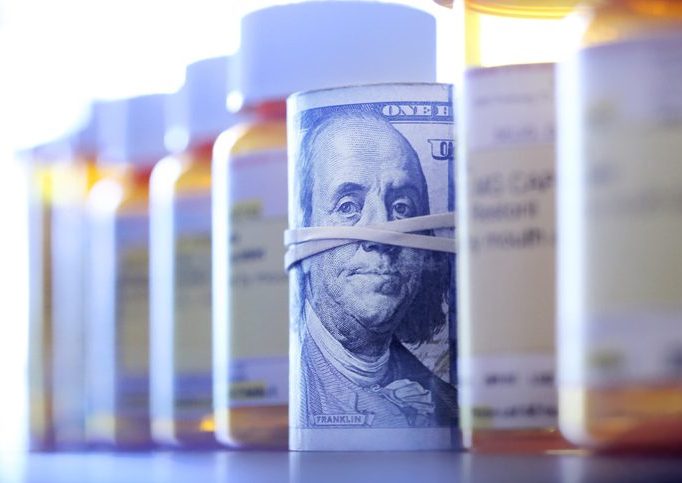Pfizer Wants Court Approval Of Its Drug Reimbursement Program. Is It Charity Or Kickback?
August 6, 2021

In 2018, Pfizer settled a federal lawsuit that alleged the company was using a foundation to funnel money to patients for their co-pays for Pfizer drugs, “thus generating more revenue for Pfizer and masking the effect of Pfizer’s price increases,” said a U.S. Attorney in a statement at the time. Pfizer did not admit wrongdoing, but agreed to pay $24 million as part of the settlement.
Now, in a case with potentially major implications for both the pharmaceutical industry and the federal Medicare budget, Pfizer has filed a lawsuit in the Southern District of New York “to legalize essentially the same practice,” according to an article in Kaiser Health News.
The lawsuit seeks court permission for Pfizer to reimburse patients, through an outside administrator, for their share of the costs for two heart failure drugs that each cost $225,000 per year. The company’s legal argument is aggressive, but the message that it’s “just trying to help people afford their drugs” is attractive, says a professor of health law at Boston University. Pfizer’s critics, and there are many, say the arrangement induces the patient to get a specific product instead of shopping for cheaper alternatives. “It’s kind of the definition of a kickback,” says one health policy professor.
Critical intelligence for general counsel
Stay on top of the latest news, solutions and best practices by reading Daily Updates from Today's General Counsel.
Daily Updates
Sign up for our free daily newsletter for the latest news and business legal developments.




